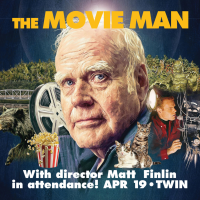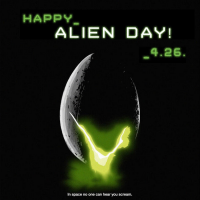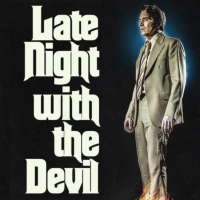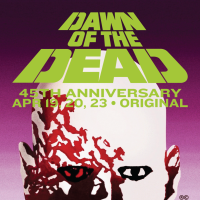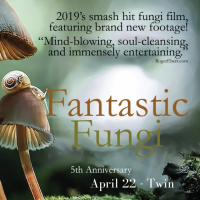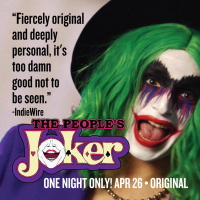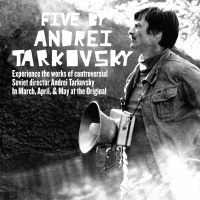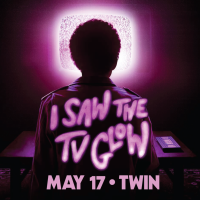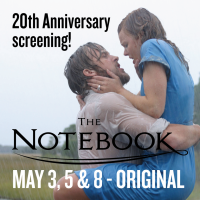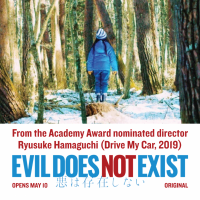Set in a small border village over the course of World War II, Hungarian curio The Notebook is unlike any war film you’ve ever seen. Its central characters are twin boys, named only in the credits as One (András Gyémánt) and Other (László Gyémánt), who think and act as a single person. At the beginning of the film, their parents take them away from their luxurious city apartment. They are sent to live with their mean-spirited Grandmother (Piroska Molnár), despite the fact that she has fallen out with their mother and is suspected of murdering her husband. The only instructions given to them are to keep up with their studies and record everything that happens in a notebook.
Right from the start, it is clear that the twins are inseparable and can never bear to be apart. Often portrayed standing side by side, facing directly into the camera, they exhibit a weird intensity and single-mindedness.
Despite the wartime setting, The Notebook is established as an archetypal fairy tale. Grandmother makes them work hard for their food and refers to them only as ‘bastards’, but it quickly becomes apparent that no amount of psychological abuse is going to break the boys. After being accused of stealing, taking a beating and finding a soldier starving to death in the forest, they realise they have to toughen up. They punch each other in the face, wilfully solicit punishment and refuse to eat for four days, determined to prepare themselves for anything because anything could happen to them.
The twins’ behaviour gets increasingly amoral as they assimilate the influences of everyone around them. The appalling events in the village and nearby concentration camp teach them that everybody kills and life has no discernible value. They pedantically record everything in the notebook and it gets imprinted in their minds. There is a chilling sequence which shows their collection of insects and small animals, categorised into grids and glued on the pages. Other scenes are memorable for their black, twisted comedy.
The Notebook continually takes you by surprise and things that seem ridiculous one minute can have tremendous gravity the next. Situated on the Hungarian border, the village is a microcosm for the entire conflict. Death is arbitrary and suffering is universal. Director János Szász’s film is strange and off-kilter, but covers well-worn ground in a startling and original form. It is an impassioned condemnation of the essence of war, in its violent and grotesque absurdity. - Rob Dickie, Sound on Sight



